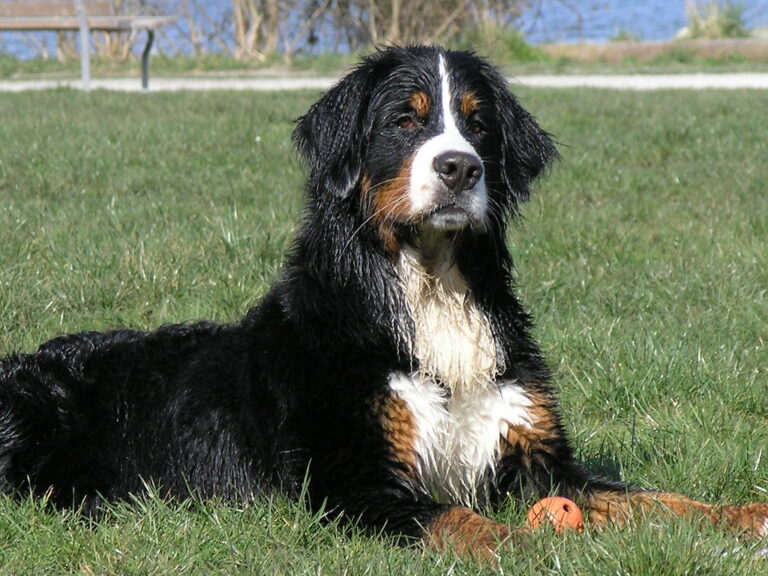15 Dog Breeds That Are Too Demanding for Senior Pet Owners
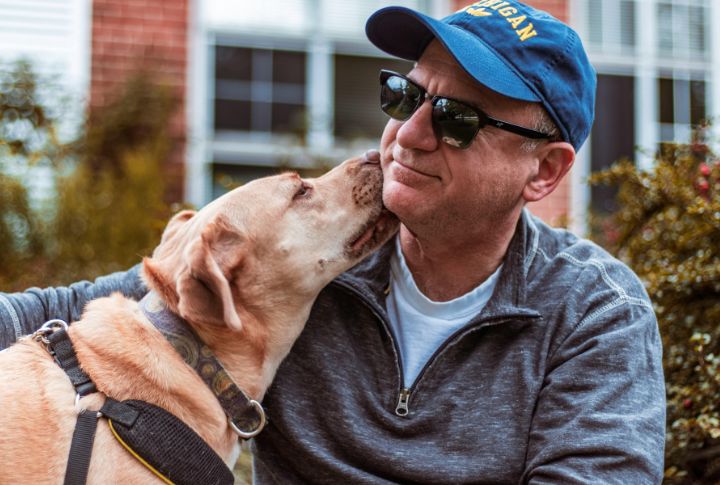
Choosing the right dog breed is essential, especially for seniors seeking a companion that matches their lifestyle. While many dogs can bring joy and comfort, some breeds are too high-energy, strong-willed, or require more care than seniors can manage. Here are 15 breeds that may not best fit older pet owners.
Dalmatian

Considering Dalmatians are high-energy dogs, it’s tough for old pet owners to keep up with their needs. Dalmatians require extensive exercise and mental stimulation. Their strong-willed nature can make them difficult for seniors to manage, especially without daily physical activity. Additionally, their stubbornness and tendency to be aloof can pose challenges for seniors seeking a calm, easygoing companion.
Border Collie
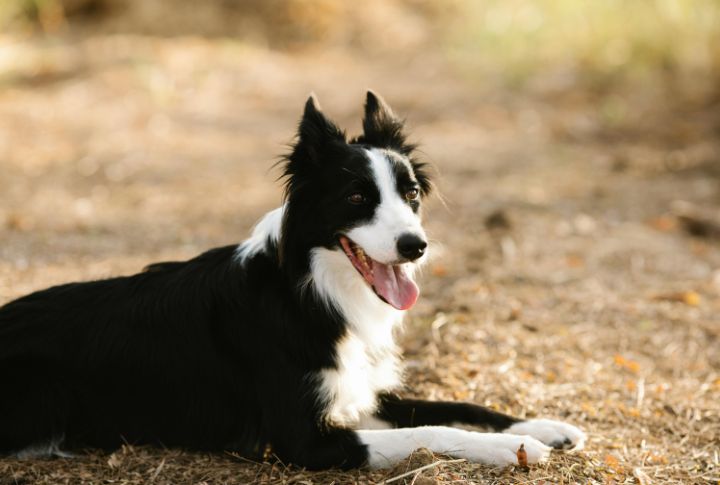
Border Collies are another special breed of dogs that are highly energetic and intelligent. Their constant need for a structured routine and vigorous exercise makes them unsuitable for seniors who may struggle to keep up with their energy levels. Without proper engagement, they can become destructive or anxious.
Belgian Malinois
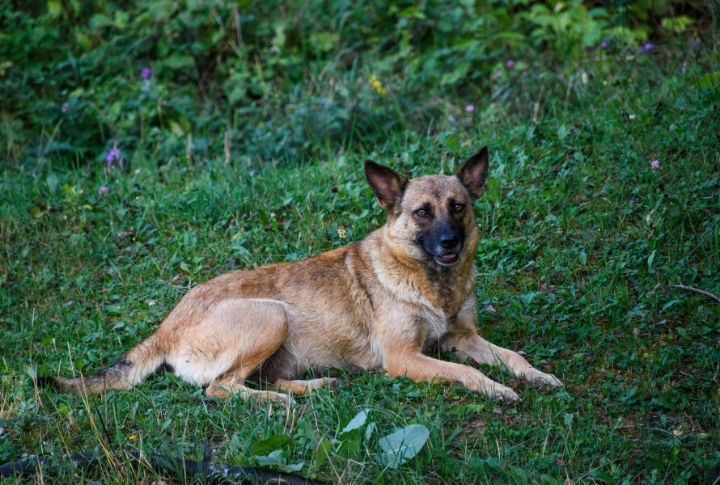
Belgian Malinois are intelligent and intense working dogs that thrive in environments with constant training and activity. These dogs are tough and can be destructive if their needs aren’t met. Their high energy and demand for mental engagement make them unsuitable for seniors seeking a low-maintenance pet.
Australian Shepherds
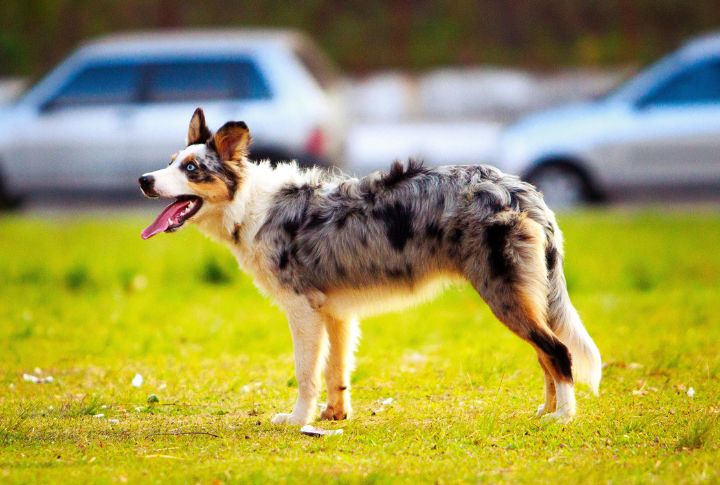
Australian Shepherds are highly intelligent and need constant mental and physical stimulation. Their active lifestyle is difficult to maintain for seniors, especially those with limited mobility. Without regular exercise, these dogs can become restless, anxious, and prone to behavioral issues.
Jack Russell Terrier
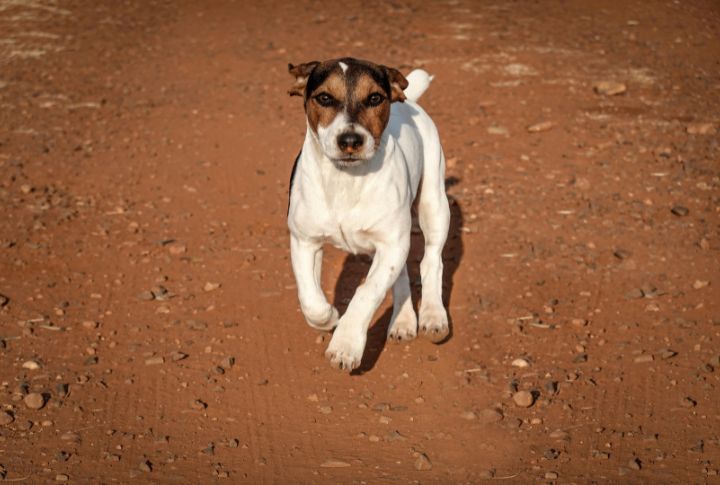
Jack Russell Terriers are small but full of energy and determination. Their strong prey drive and tendency to dig or chase make them difficult to control for seniors who may not have the physical stamina to handle their energy levels. Their independent and sometimes stubborn nature adds to the challenge.
Weimaraner
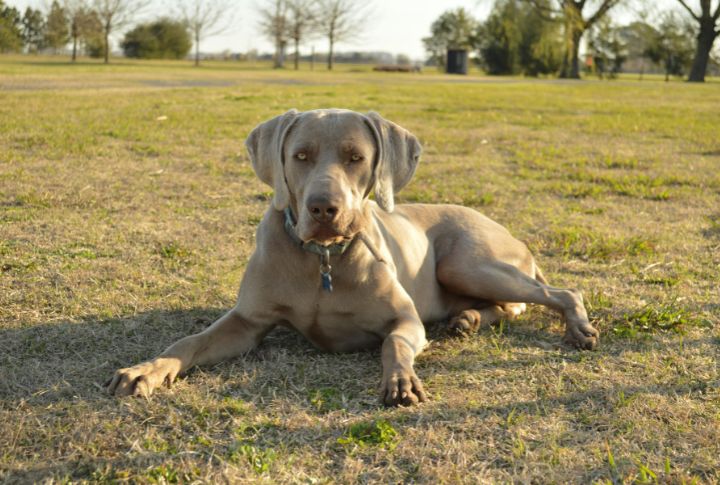
Weimaraners are large, energetic dogs that require plenty of exercise and stimulation. Their big size and strength blend with their high energy levels, which can make them a challenging breed for the elderly. Weimaraners struggle with separation anxiety and can become destructive if left alone for long periods without proper exercise.
Akita
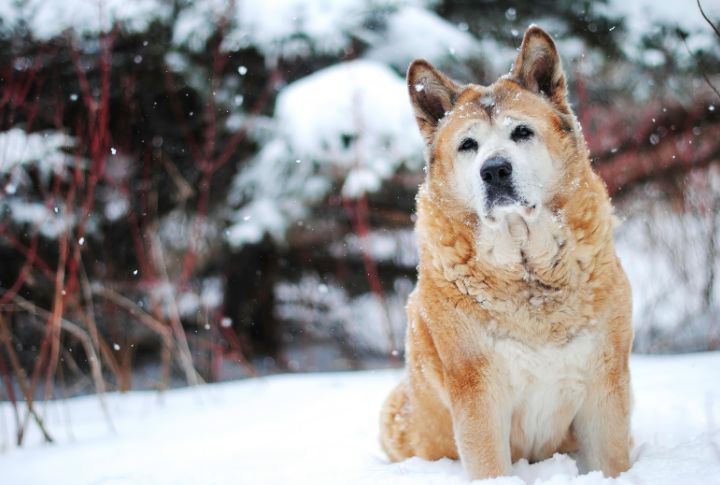
Akitas are independent and strong-willed dogs, known for their loyalty but also their dominant nature. The older owners have to train Akitas to manage their behavior. Akitas can be too strong and demanding for seniors, making them a poor choice for those seeking a gentle and manageable pet.
Rottweiler
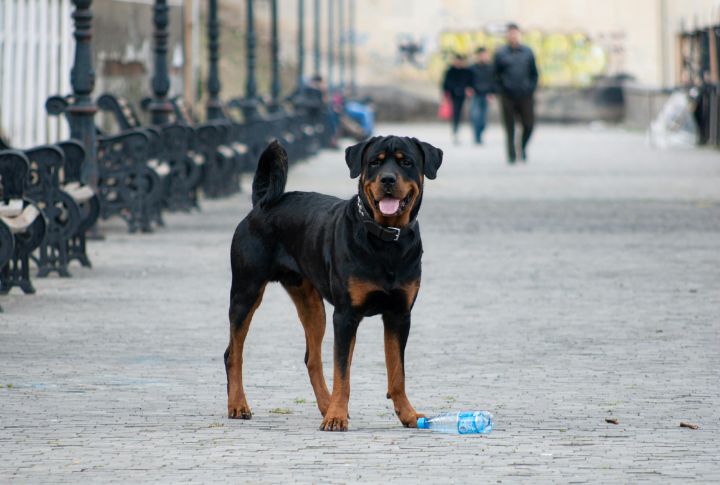
Rottweilers are powerful and protective dogs that need an experienced owner who can manage them. They can be overly territorial and strong, so they have to be trained consistently to socialize. Seniors will find this difficult because of the time and effort required. Also, their size, strength, and need for firm leadership make them unsuitable for seniors who can’t provide the necessary structure.
Doberman Pinscher
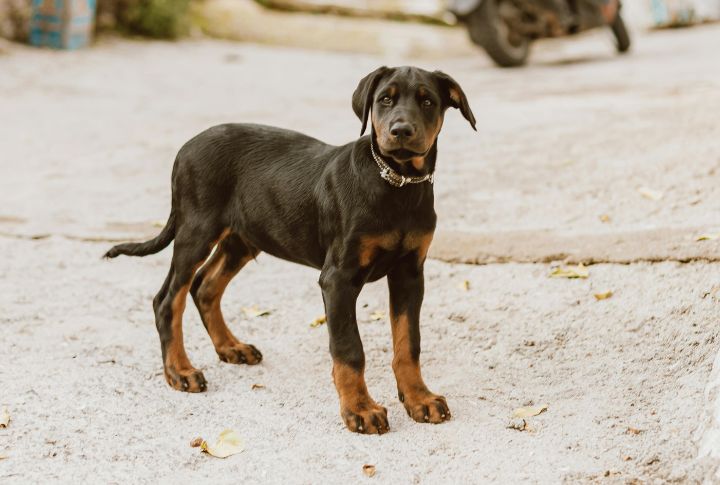
When you see large working dogs like the Doberman Pinschers, you just know seniors can’t handle them. Dobermans are big, energetic dogs that require consistent training, exercise, and mental engagement. They need physically strong owners to manage their dominant tendencies. So, their strength, energy, and need for ongoing stimulation make them a poor match for seniors with limited mobility or energy.
Siberian Husky
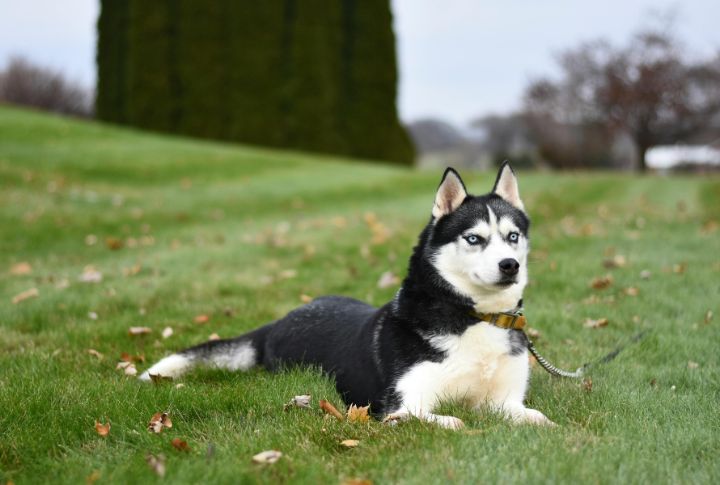
Siberian Huskies are independent, energetic dogs known for their strong prey drive and stubborn personality. They require consistent training and long walks, which may be too physically demanding for many seniors. Additionally, their tendency to escape or roam makes them a challenging breed for those who cannot provide strict supervision. They require more patience and care than seniors can give.
Alaskan Malamute
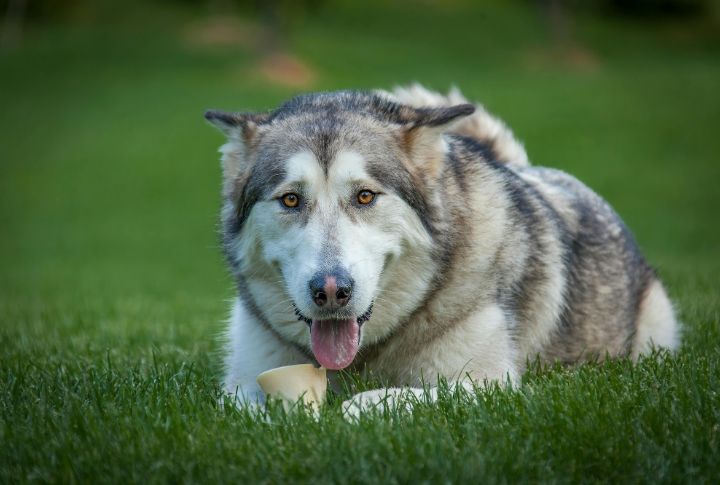
Everything about the Alaskan Malamutes says strength and endurance. Alaskan Malamutes are independent dogs that require vigorous exercise. Seniors will struggle to handle this breed because of their stubbornness. Malamutes also have a strong prey drive and can be challenging to train. This is why an experienced owner with physical stamina is needed to meet their needs.
English Bulldog
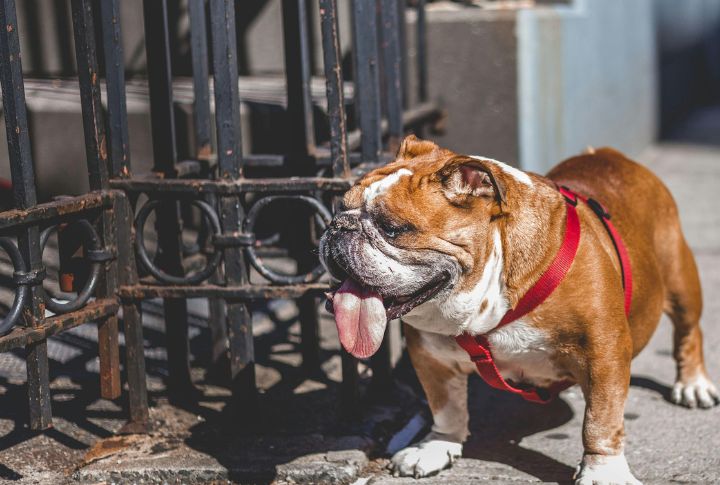
Although Bulldogs are less energetic, this breed often has significant health issues that require constant care. Seniors will find this challenging as they don’t have the strength to deal with constantly caring for these dogs. Bulldogs have health issues like hip dysplasia and skin infections that require spending a lot on treatment. So, seniors may find it difficult to manage frequent vet visits and medical care needed.
Chow Chow
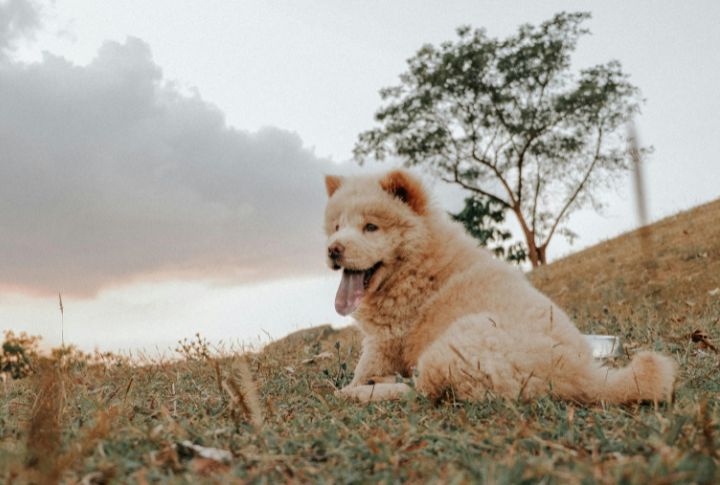
Chow Chows are not the friendliest dogs because they get aggressive around humans and other pets. This happens when they are not properly socialized. Due to their stubbornness, Chow Chows can be difficult to tame and train. Also, their strong-willed temperament and need for consistent leadership make them a challenging breed for seniors looking for low-maintenance pets to adopt.
Saint Bernard
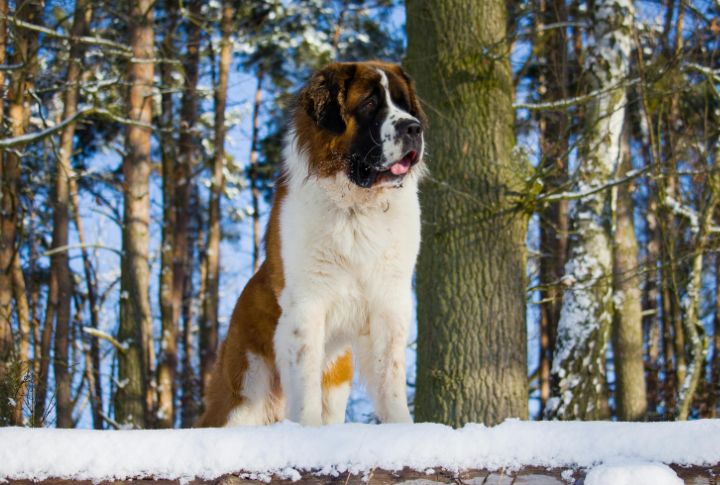
Saint Bernards are large, strong dogs that require ample space and consistent training. While they are generally gentle, their sheer size and strength can be overwhelming for seniors. Saint Bernards often struggle with hip dysplasia, which can require ongoing medical care and attention.
German Shepherd
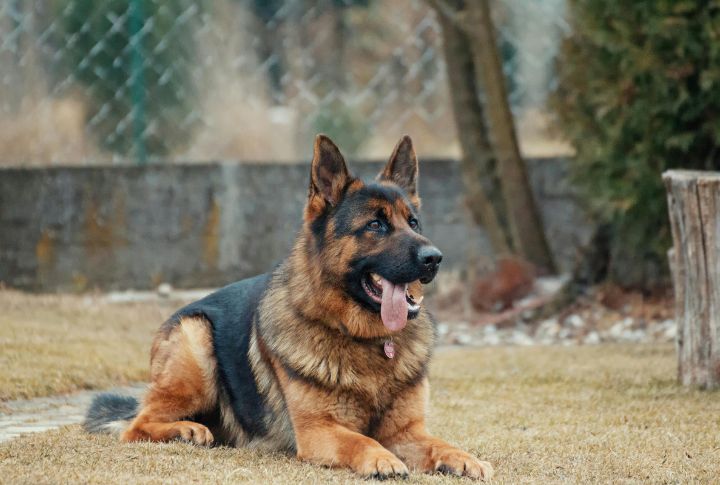
These active dog breeds require regular training, exercise, and stimulation. Their protective instincts and strength make them a demanding breed for seniors to handle. Without proper engagement, they can become anxious or aggressive. Hence, German Shepherds are unsuitable for those who can’t keep up with their needs.



